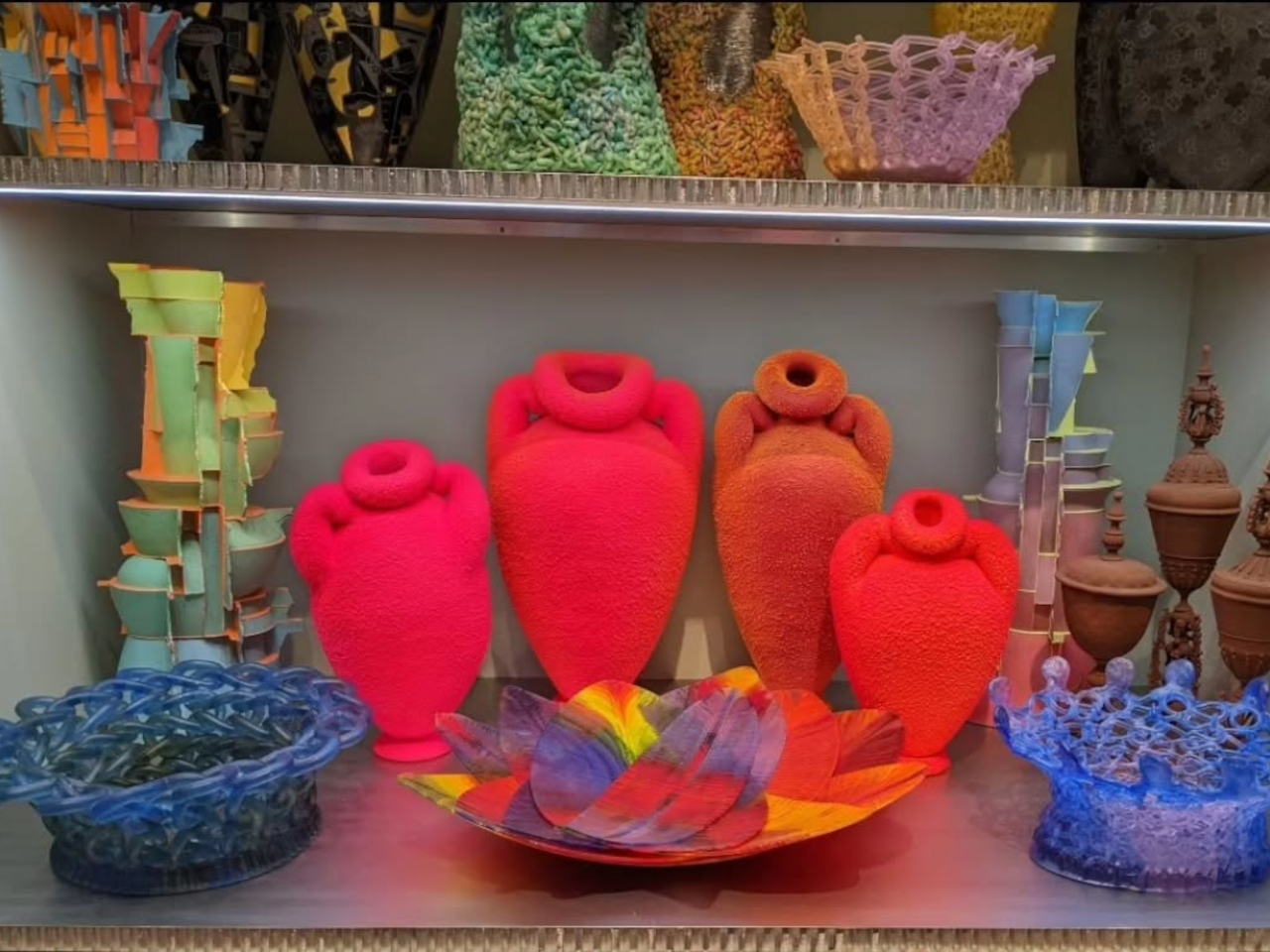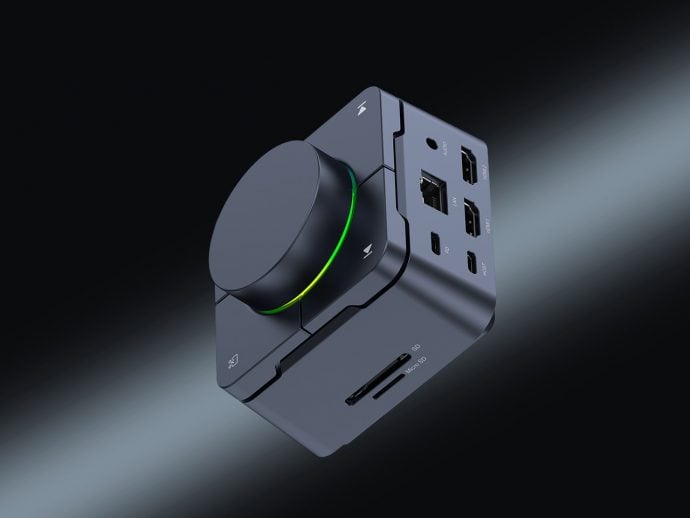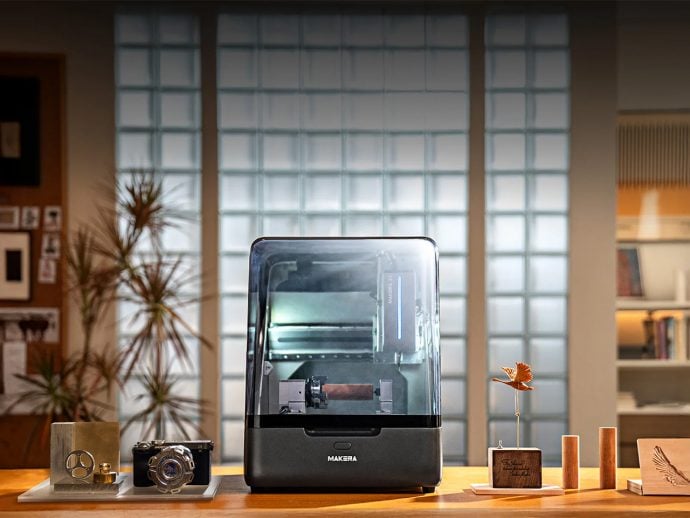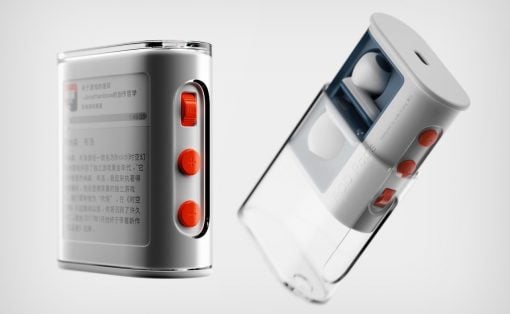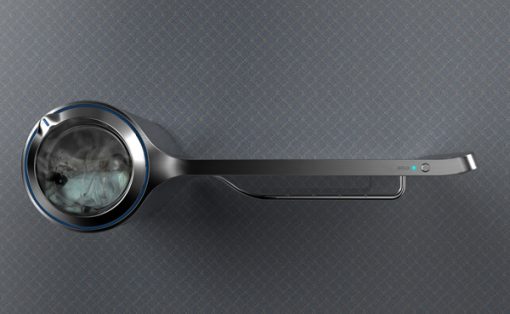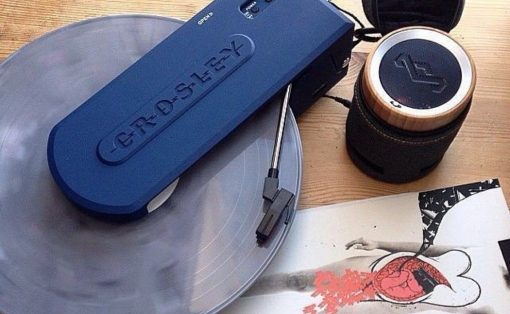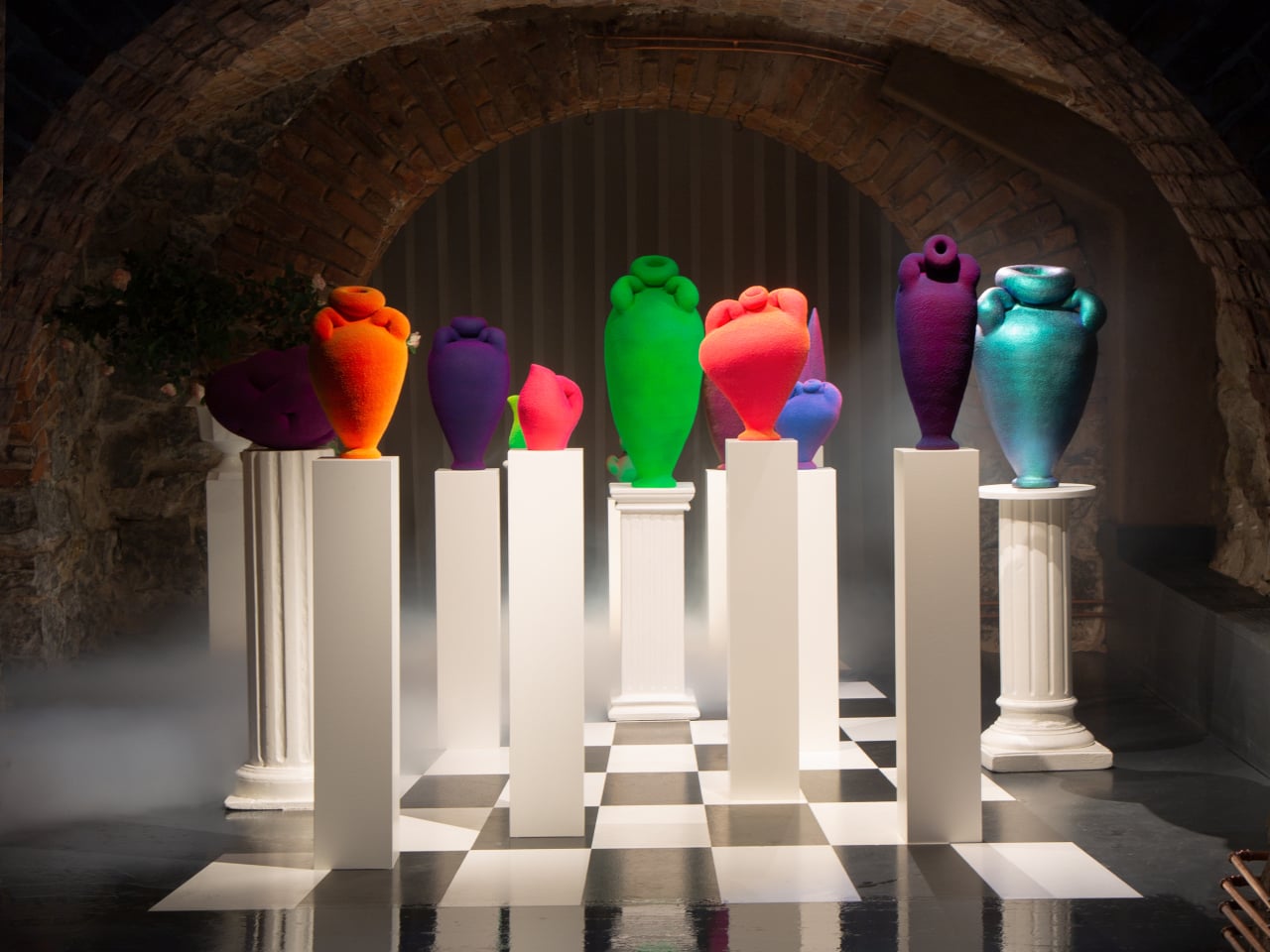
Our ancient ancestors may not have lived in modern comfort, but the legacy they left behind continues to inspire and even drive our own endeavors today. Even with the advancements in manufacturing and materials, the ideas and even the methods used by previous civilizations serve as a springboard for modern artworks and products, demonstrating the lasting power of great craftsmanship and designs. Even something as practically useless today as amphorae can become figurative vessels of delight and wonder, especially when interpreted in a uniquely different way.
These designs, for example, have a loose similarity to those ancient Roman vases and jugs, but their fluorescent colors and moss-like surface give them an other-worldly appearance. Coupled with their slightly distorted forms that make them look almost organic, these PVC-coated objects connect past and present in a surreal way, as if these objects were taken by aliens and transformed into their own image and likeness.
Designer: Maxwell Mustardo
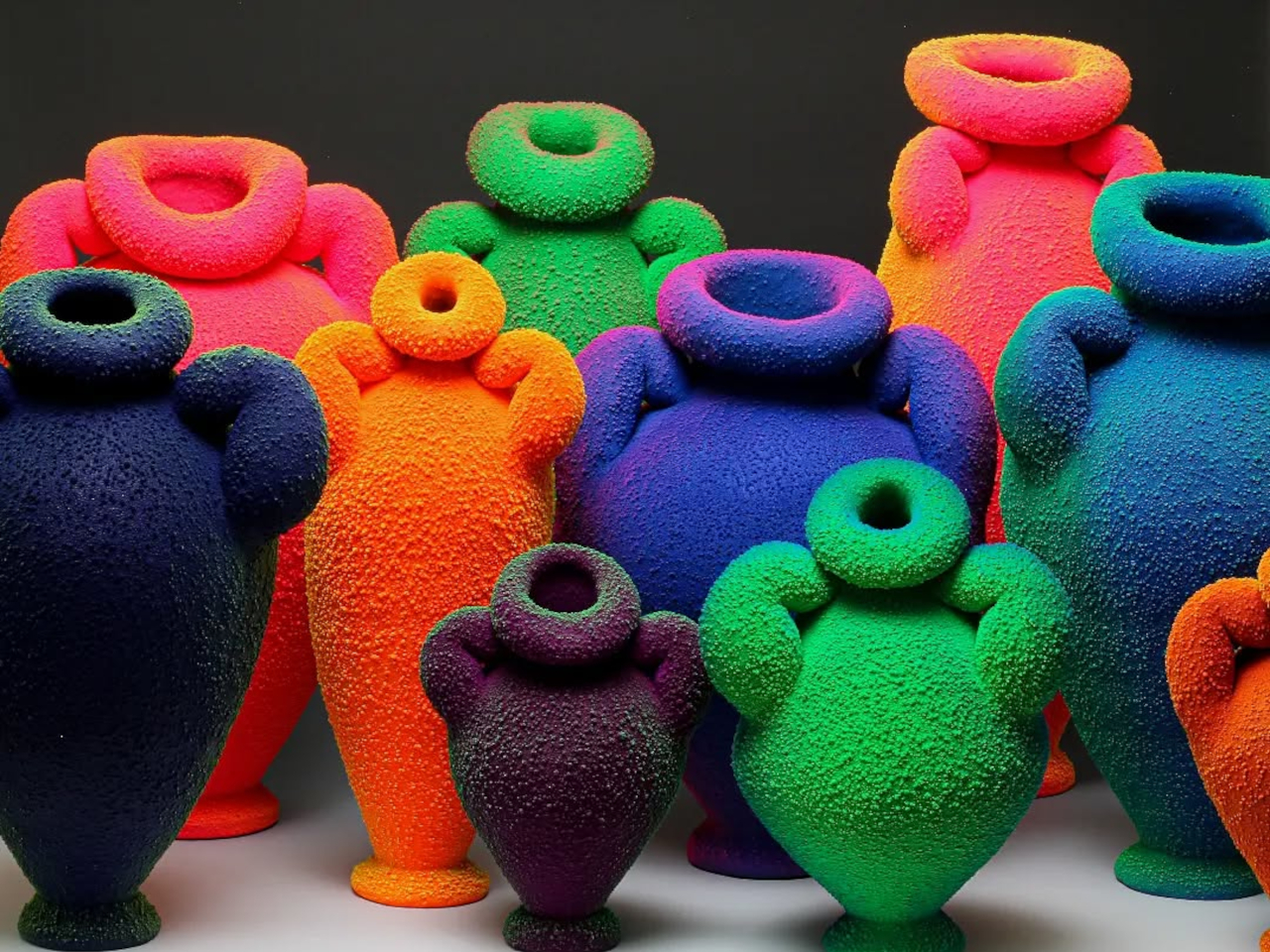
Amphorae were critical tools during ancient times, used to carry valuable liquids like oil and wine or used for storing grain. They were so important in people’s daily lives that they were alternatively used as units of measurement much like today’s cups and gallons. Elaborately painted amphorae were also used for funerary purposes, either as grave markers or as containers for ashes, the ancient predecessors of modern urns.
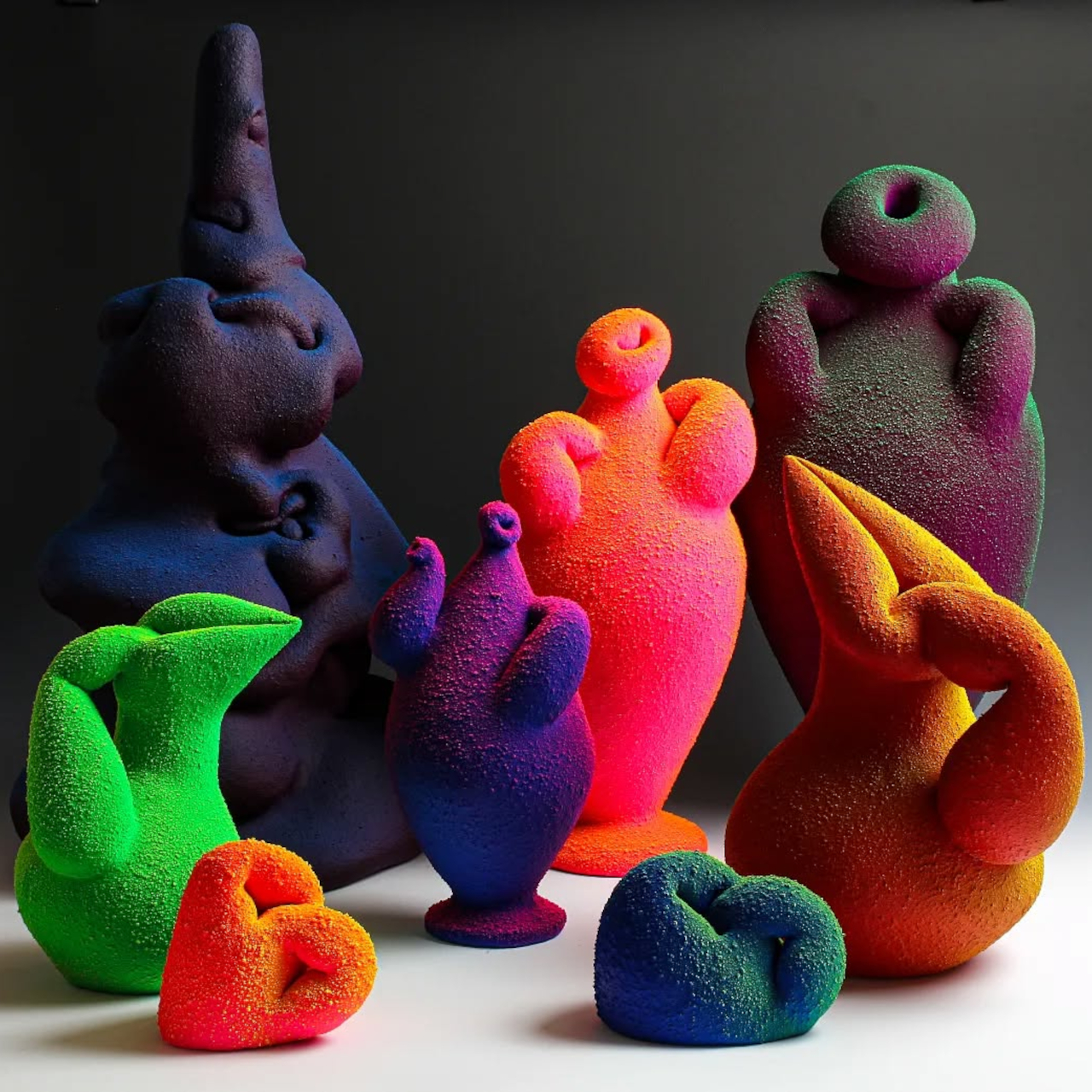
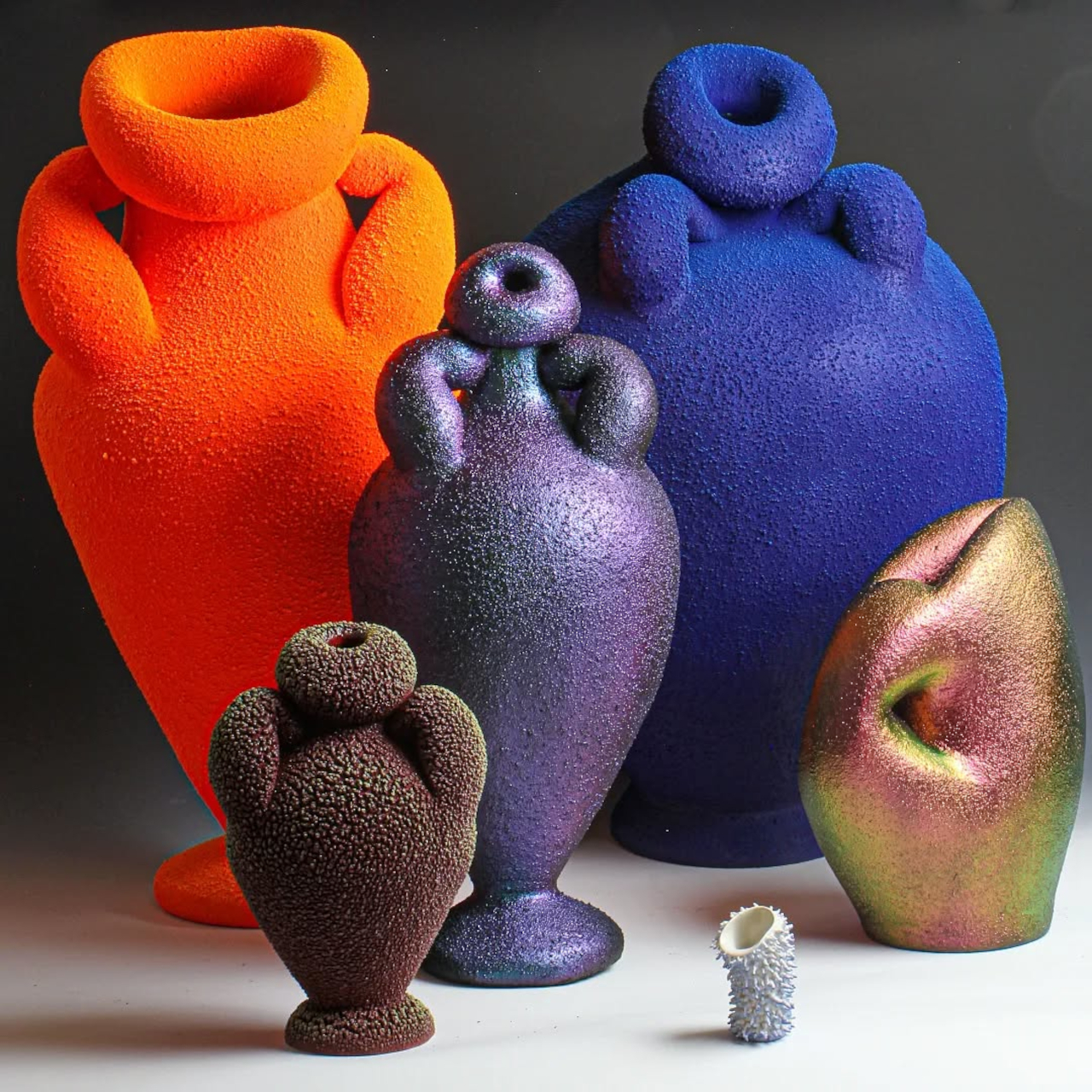
Of course, we now have better ways to store perishable goods, but the distinctive beauty of these “neck-handled” vases is not something that can be easily dismissed. To our modern tastes, they seem to have come from an entirely different world, so it’s not that uncommon to see these reinterpreted exactly like that. Adding some luminous rods has given some amphorae a futuristic glow, literally and figuratively, but a different treatment takes the design in an entirely new direction that’s truly out of this world.
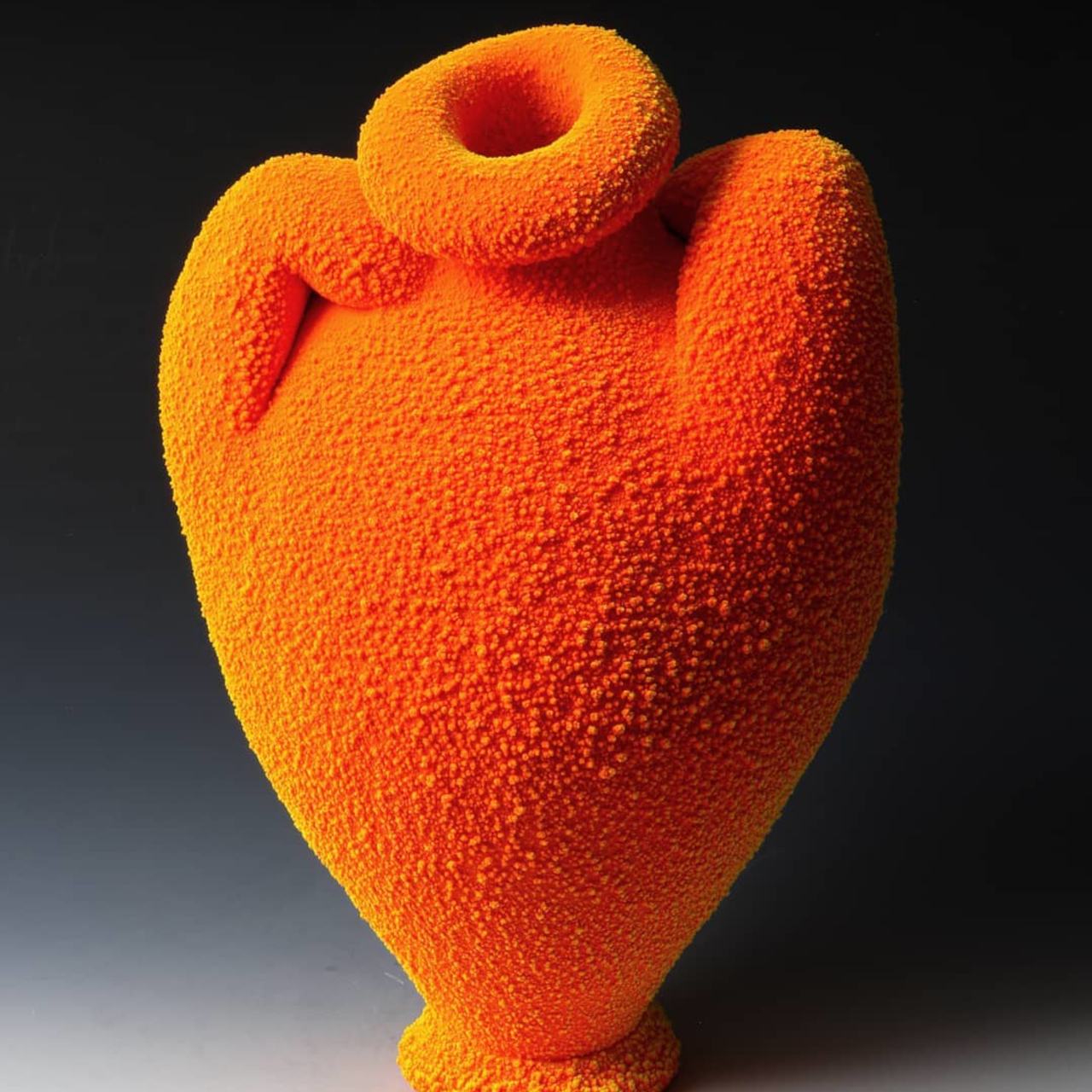
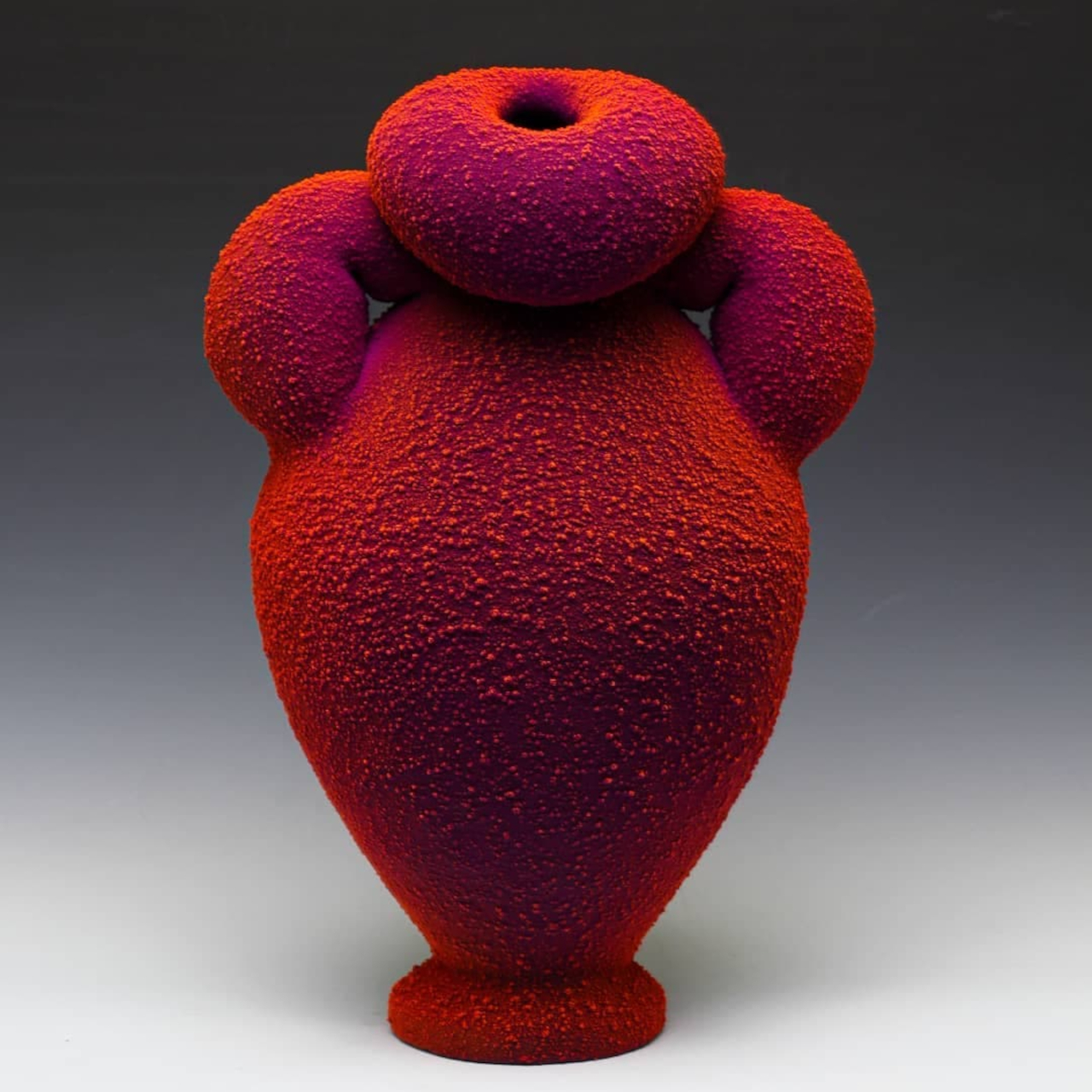
Mixing stoneware clay with modern production techniques, these “Anthropophorae” look almost alive, albeit frozen in time or petrified. Using sandblasting and wet exfoliation, the ceramic material receives a rough, moss-like texture that looks almost organic. Layers of PVC coating give it an almost glossy sheen that, together with a unique choice of color pigments, makes the objects seem to glow even without any internal light source.
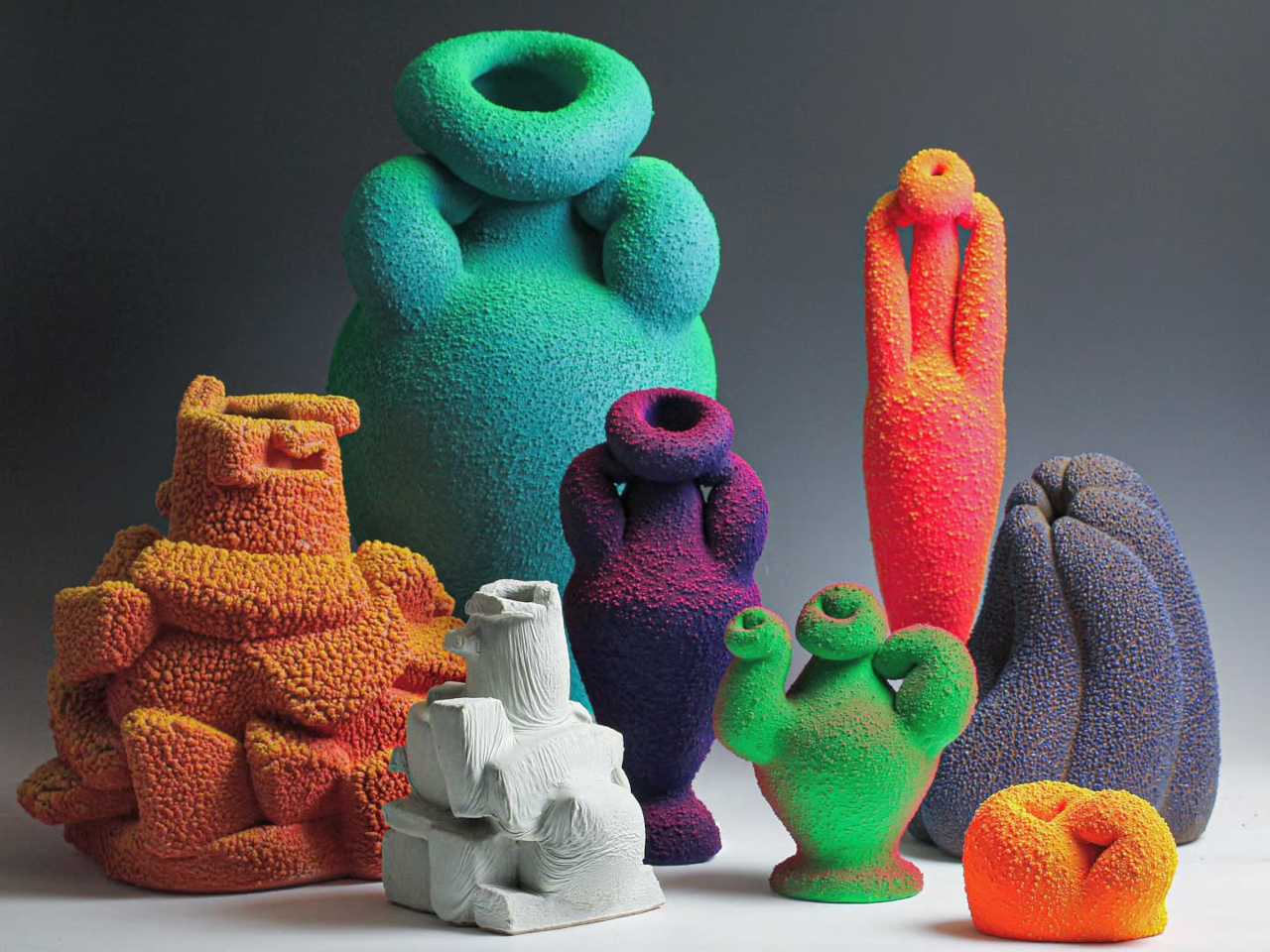
The Anthropophorae collection is both mystical and alien, distorting familiar designs and reshaping them into something not only new but also strange. It combines the craftsmanship of the ancient past with the techniques and materials of the present, creating a new language that has roots in humanity’s rich history.
